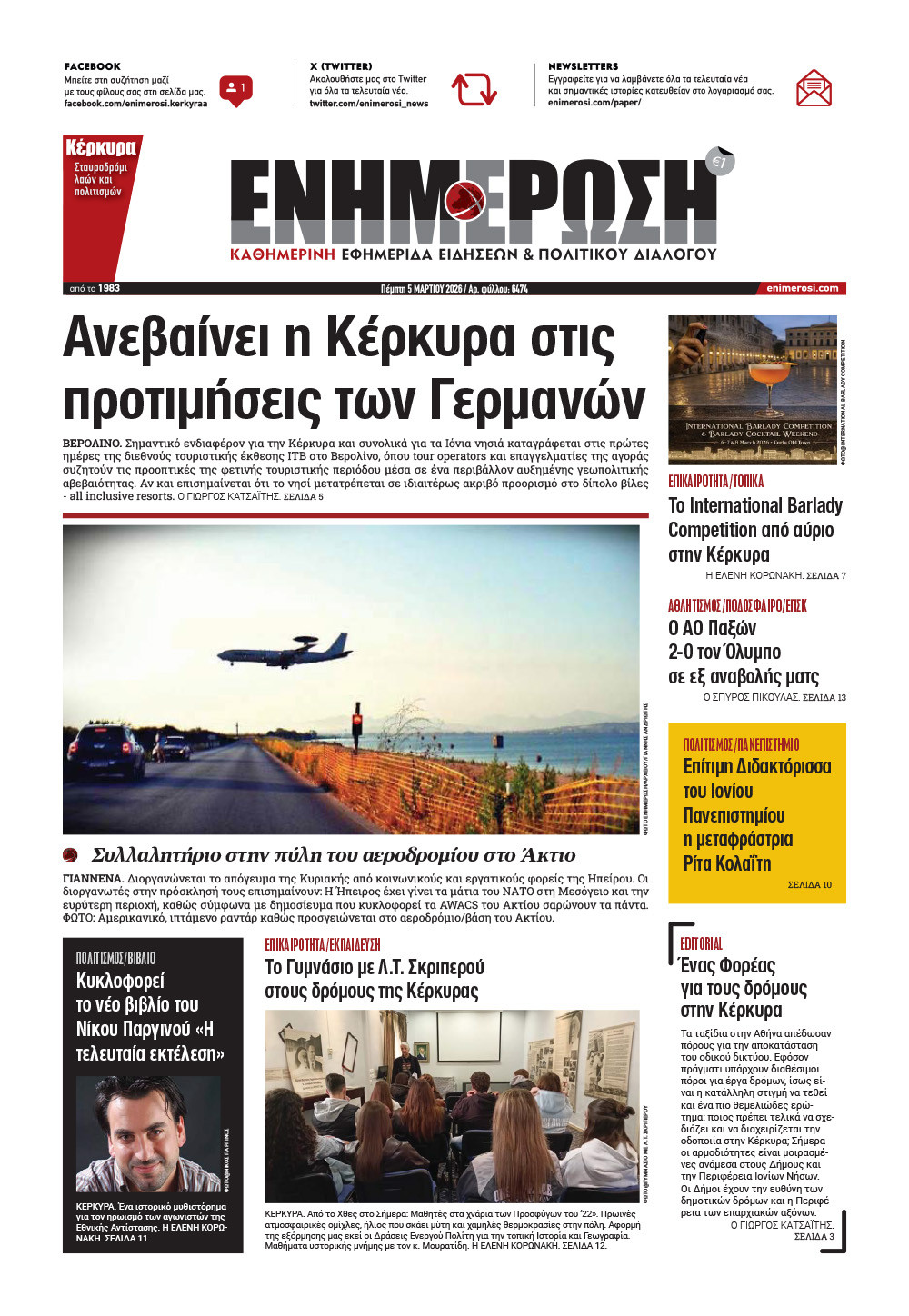London, Amsterdam or...Venice?

More than a few European cities have changed direction, and instead of adopting measures to attract tourists, they have now implemented measures to limit them.
A characteristic example is Barcelona, which has recently drawn significant attention, with residents taking to the streets, politicians implementing radical measures, and tourist numbers increasing. In Barcelona, where the housing crisis has raised alarms, it was decided not to renew the five-year licences (expiring by November 2028) for the existing 10,100 short-term rental properties. At the same time, there are plans to ease the current ban on opening new hotels in the city centre, and new legislation has been announced that will require developers to allocate at least 30% of new housing for social housing.
Furthermore, the Tourism Organisation, aiming to change direction and limit mass tourism, is set to change the slogan from "Visit Barcelona" to "This is Barcelona" starting on August 22—coinciding with the America's Cup event that the city will be hosting. The entire campaign aims to highlight specific aspects of the city related to its culture and heritage, targeting more quality and responsible tourists. Finally, starting from April 1, 2024, Barcelona's municipal tourist tax—applicable for a maximum stay of seven nights—was increased to €3.25 from €2.75 last year and €1.75 two years ago. This tax is expected to generate up to €100 million by the end of 2024, which the council stated will be used to fund the city's infrastructure.
A similar tactic of increasing the tourist tax is being considered in Amsterdam, which already has one of the highest taxes in Europe. Amsterdam authorities began last spring to target British male tourists aged 18 to 35, asking them to "stay away" if they plan to visit the city just to "party wildly."
In 2023, Dubrovnik launched a campaign titled "Respect the City," which urges tourists through a video to be mindful of certain types of behaviour (e.g., controlling their pets, not climbing on/damaging monuments, not dragging trolley suitcases on the cobblestones, etc.) to avoid disrupting the local community's life and to protect the safety of the old town.
This year, Venice reduced the number of people in tour groups to 25 per group and banned tour guides from using megaphones. It is also the first city in the world to charge an entrance fee (around 5 euros).
In the United Kingdom, Edinburgh is also considering the possibility of imposing new fees on visitors, while in the tourist coastal town of St. Ives in Cornwall, where nearly one-fifth of the annual budget—about £200,000—is spent on cleaning the eight public toilets, it was decided that visitors would be charged 47 cents to use the toilet!
KATERINA STOGIOU












